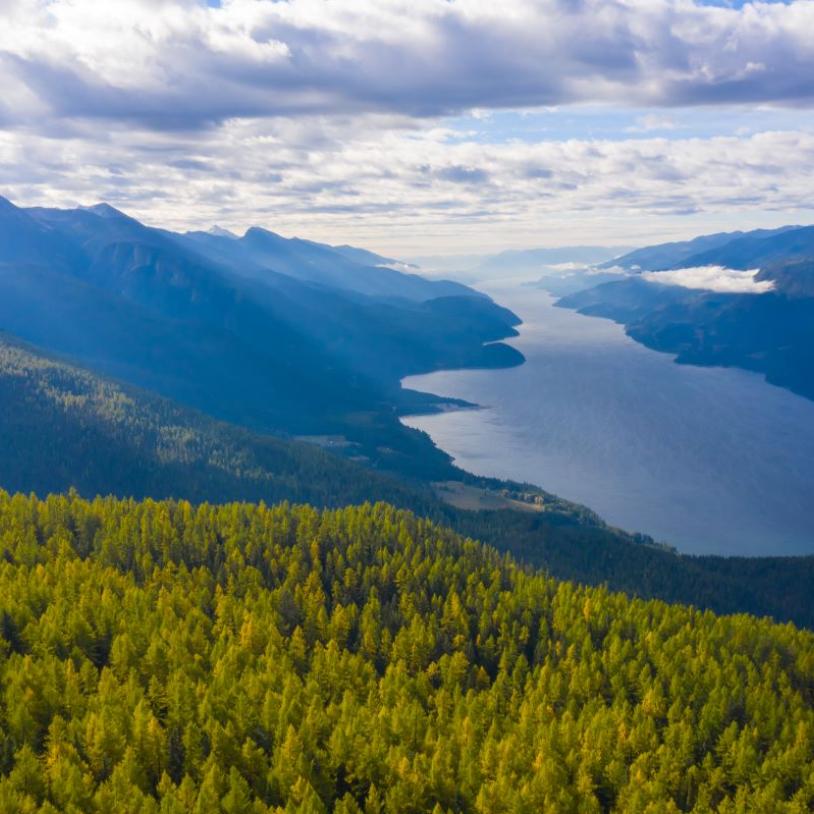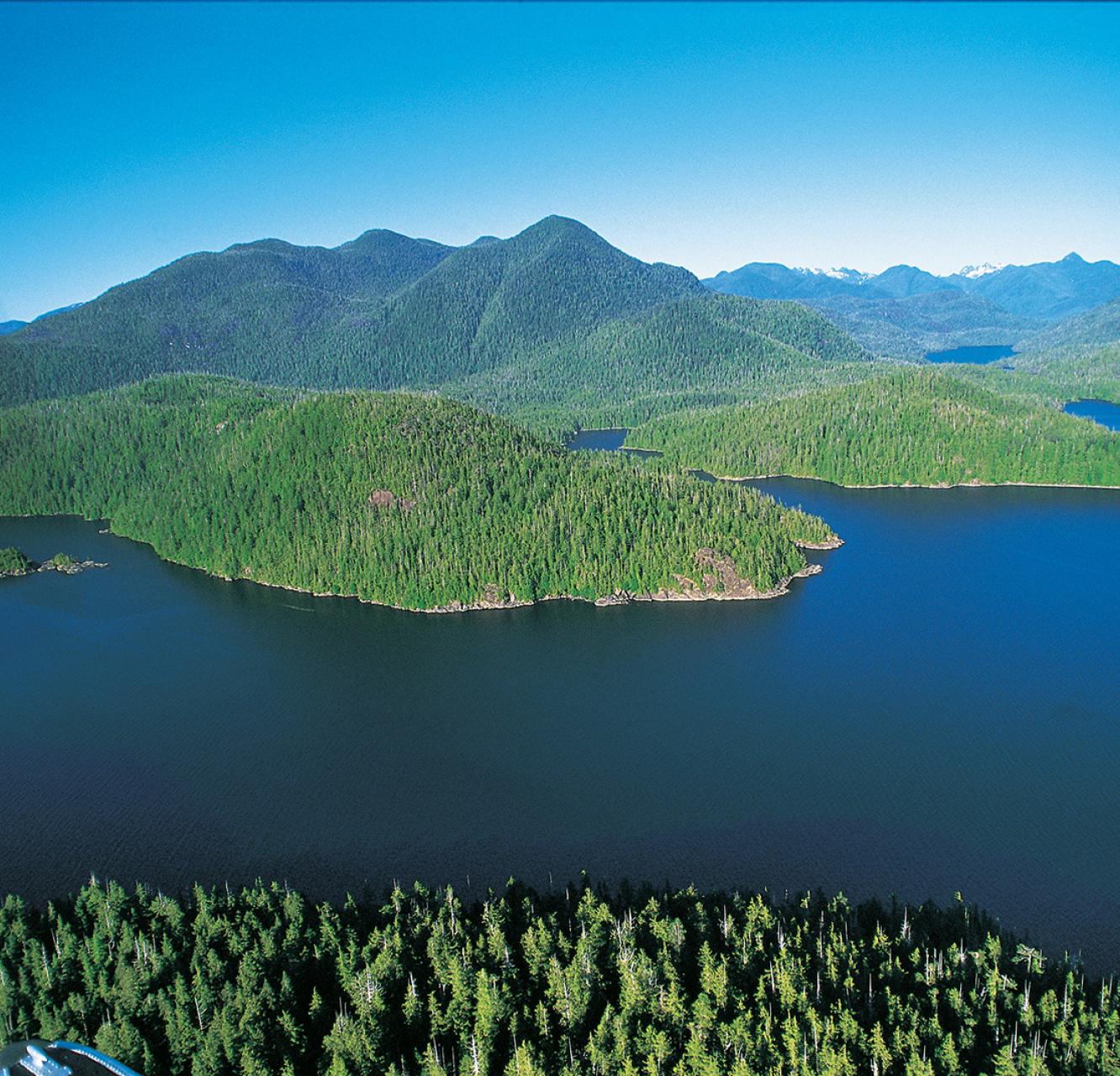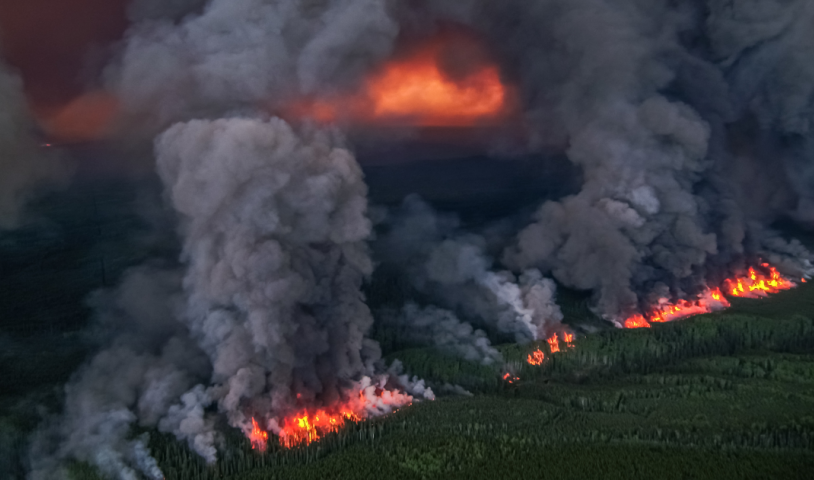Federal Natural Resources Minister Joe Oliver announced sweeping changes this week to the federal environmental review process. Ottawa will limit its reviews to major projects, such as the Northern Gateway pipeline from the Alberta oil sands to the B.C. port of Kitimat. In most other cases, the federal government will step back and let the provinces conduct environmental assessment reviews. The provinces will be expected to meet standards set out in federal legislation.
Although all the details of Ottawa’s new approach have yet to be spelled out, the announcement appears similar to what the B.C. government proposed in November to a parliamentary committee during a review of the Canadian Environmental Assessment Act.
B.C. urged Ottawa to have one environmental assessment process. Despite best efforts to align federal and provincial efforts, the process results in delays, duplication, lost economic opportunities and investor uncertainty, the provincial government told the committee.
Currently, both Ottawa and the provinces conduct environmental reviews. Ottawa is currently involved in assessing 562 projects in B.C., while the province is looking at 69 projects. Dozens are being reviewed by both levels of government. B.C. says two-thirds of the projects currently undergoing provincial environmental assessments also require a federal review.
However, the federal and provincial process is not the same. An environmental review in B.C. takes around 200 days less to complete. In federal reviews, agencies look for significantly more detail and the federal government has no time limit for delivering a decision. In some reviews, Ottawa provides funding for community groups who wish to participate in the process and B.C. does not. More time is required to allow everyone to voice their opinion.
Another significant difference is the basis for a decision. The federal process focuses on environmental effects. B.C. looks at potential economic, social, health and heritage impact as well as environmental considerations. Critics say the broader perspective enables the province to approve almost all projects.
Only two projects in B.C. since 1992 – the Ashcroft Ranch landfill project and Kemess North Copper Gold – have been turned down during the environmental review process. Records show 117 out of 160 have been approved. The rest were terminated or withdrawn.
The differences were in stark relief during a review in 2010 of the Taseko Mines proposal for a copper and gold mine at Fish Lake. The project would have turned a trout-filled lake into a tailings dumping ground. B.C. approved the proposal, with conditions, but the federal review rejected it. Taseko subsequently revised their plans, sparing the lake.
Joe Foy of the Wilderness Committee says Ottawa should remember why the government has an environmental review process in the first place. “The process comes from social unrest of people desperate to protect their communities, and from responses to the impact on the environment and on human health, of projects that went wrong.” If people do not have faith in the system, they will take to the streets, said Mr. Foy, who has been involved in wilderness protection for three decades.
Mr. Foy sees the federal changes as weakening the environmental review process. Less time and fewer people participating in the process means less opportunity for important information to come out.
But he also has an eye on political polls indicating the likelihood of a change in government in the next provincial election. With the provincial government gaining exclusive control over the process for most projects, the bar for environmental assessment could be raised significantly after the election in May, 2013.






